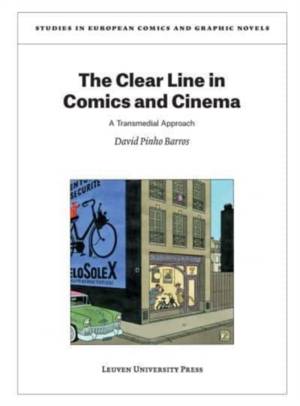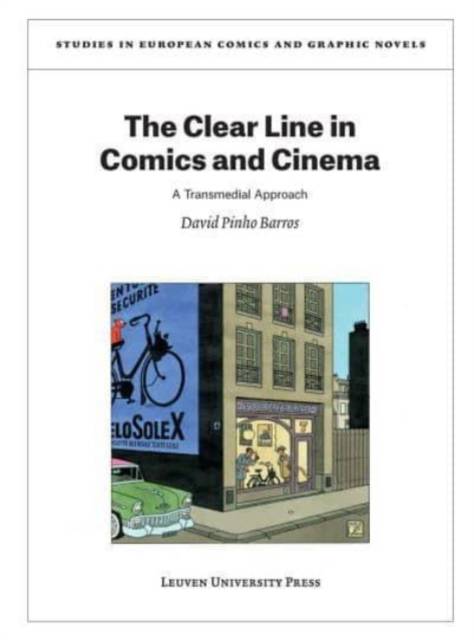
- Retrait gratuit dans votre magasin Club
- 7.000.000 titres dans notre catalogue
- Payer en toute sécurité
- Toujours un magasin près de chez vous
- Retrait gratuit dans votre magasin Club
- 7.000.0000 titres dans notre catalogue
- Payer en toute sécurité
- Toujours un magasin près de chez vous
Description
Historical and theoretical analysis of the "clear line" style in comics and cinema
The "clear line", a term coined in 1977 by Dutch essayist and artist Joost Swarte, has become shorthand in the field of comics studies for the style originally developed by Hergé and the École de Bruxelles. It refers to certain storytelling strategies that generate a deceptively simple, lucid, and hygienic narration: in Philippe Marion's words, it is a style "made out of light, fluidity and limpid clarity".
By cataloguing and critically analysing clear line comics from historical and theoretical perspectives, this book offers a new outlook on the development of the style in the 20th and 21st centuries, especially focused on the context of the European bande dessinée. In addition, it pioneeringly expands the concept of "clear line" to other artistic domains by introducing and defending its transmedial use, which is particularly relevant for the understanding of the oeuvres of certain filmmakers of the 20th century working in the postwar period, such as Yasujirô Ozu in Japan, Jacques Tati in France and Frank Tashlin in the United States. The Clear Line in Comics and Cinema is therefore a key theoretical work for both bande dessinée enthusiasts and comics scholars, as well as a fundamental contribution to present-day film studies and transmedial narratology.
Spécifications
Parties prenantes
- Auteur(s) :
- Editeur:
Contenu
- Nombre de pages :
- 270
- Langue:
- Anglais
- Collection :
- Tome:
- n° 10
Caractéristiques
- EAN:
- 9789462703209
- Date de parution :
- 15-07-22
- Format:
- Livre broché
- Format numérique:
- Trade paperback (VS)
- Dimensions :
- 170 mm x 228 mm
- Poids :
- 612 g

Les avis
Nous publions uniquement les avis qui respectent les conditions requises. Consultez nos conditions pour les avis.






